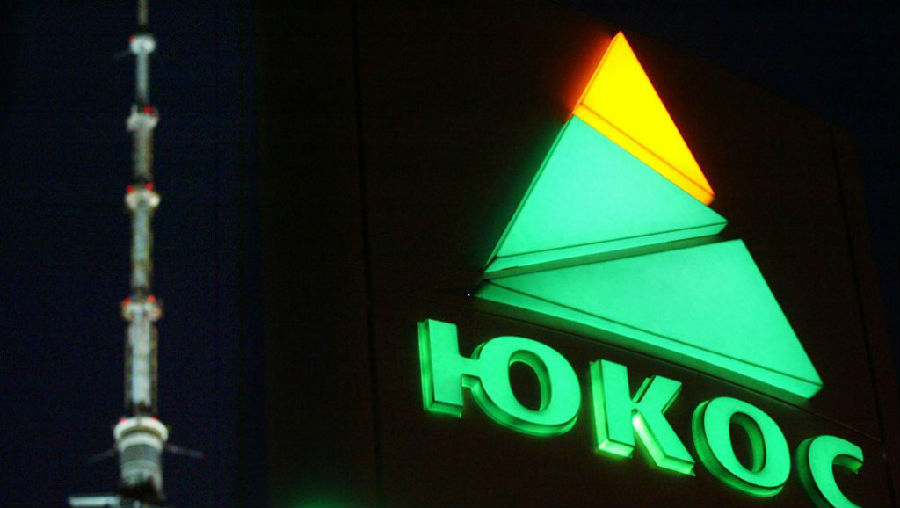A visitor to Moscow inquiring about the outlook for Russia's economy
前往莫斯科大厅俄罗斯经济前景的访客
will often be met with answers that take a detour into the country's past.
往往会得到一些有关该国往事的答案。
Ask, for instance, why Russia runs such conservative budgetary and interest-rate policies
例如询问为什么俄罗斯采取如此保守的预算和利率政策
and you may be told that the trauma of default in 1998 bred a strong desire for low debt and low inflation.
你可能会被告知,1998年的违约创伤催生了对低债务和低通胀的强烈愿望。
Ask why property rights are weak and you may be taken further back, to the end of serfdom in 1861.
询问为什么财产权如此脆弱,你可能会被带回到1861年农奴制结束的时候。
Until then many Russians did not even own their own souls.
在那之前,许多俄罗斯人甚至没有自己的灵魂。
Not all investors are history buffs. But looking at Russia through the lens of risk and reward they see a dichotomy.
并非所有投资者都是历史爱好者。但从风险和回报的角度看俄罗斯,他们看到了一个两面性。
On the one hand, the emphasis the authorities place on controlling public debt and curbing inflation
一方面,当局把重点放在控制公共债务和抑制通货膨胀上
makes it an attractive place for bond investors. Russia is fixed income heaven.
这使得俄罗斯成为了一个吸引债券投资者的地方。俄罗斯是固定收益天堂。

On the other, the economy lacks dynamism, in large part because the venturesome cannot lay secure claim to their investments.
另一方面,经济缺乏活力,在很大程度上是因为冒险者无法保证他们的投资是安全的。
For equity investors, Russia can be hellish.
对权益投资者而言,俄罗斯可能是地狱。
Start with its charms for bond investors. Their aim for their money is to get it back with interest.
从它对债券投资者的吸引力开始。他们赚钱的目标是将钱连本带利的收回。
They would also like it to retain its purchasing power. Their big concerns, aside from default,
他们还希望它能保持其购买力。除了违约,他们最大的担忧
are inflation and (unless they are buying hard-currency bonds) devaluation. So there is much to like about Russia.
是通货膨胀以及(除非他们购买硬通货债券)货币贬值。因此,俄罗斯有很多值得喜欢的地方。
The public-debt burden is light, at below 20% of GDP. True, a lot of tax revenue is tied to the vagaries of oil prices.
公债负担很轻,不到GDP的20%。没错,很多税收和变化无常的石油价格相关。
But Russia now has a fiscal rule. Its budget is based on an oil price of $40 a barrel.
但俄罗斯现在有了一个财政规则。它的预算是基于40美元每桶的油价。
Any excess revenue goes into a reserve fund. Last year the budget was in comfortable surplus.
任何超额收入都会归入储备基金。去年的预算盈余相当可观。
By stopping the government from overspending, the fiscal rule also helps keep a lid on inflation.
通过阻止政府过度消费,财政规则也有助于抑制通胀。
The Kremlin allows the central bank to set monetary policy without meddling, to meet a goal of inflation of 4%.
俄罗斯政府允许中央银行在不干预的情况下制定货币政策,以达到4%的通胀目标。
The bank's governor, Elvira Nabiullina, is admired for her professional competence—
银行行长Elvira Nabiullina因其专业能力而受到赞赏—
and also for persuading Vladimir Putin, Russia's president, to allow the rouble to drop in 2014.
也因说服俄罗斯总统弗拉基米尔·普京允许卢布在2014年贬值而受称赞。
Inflation has since come under control. She has cut interest rates slowly, to 7.5%.
自此通货膨胀得到控制。她慢慢将利率削减至7.5%。
For bondholders this is wonderful: decent yields, low debt and stable inflation. The rouble is steady.
对于债券持有者而言,这很棒:不错的收益、低债务以及稳定的通货膨胀。卢布也很稳定。
American sanctions, imposed after 2014 in response to Russia's military intervention in Ukraine,
2014年俄罗斯军事干涉乌克兰后,美国对其实施制裁
led many affected Russian firms to pay down foreign debt.
美国制裁导致很多受影响的俄罗斯公司偿还外债。
译文由可可原创,仅供学习交流使用,未经许可请勿转载。



